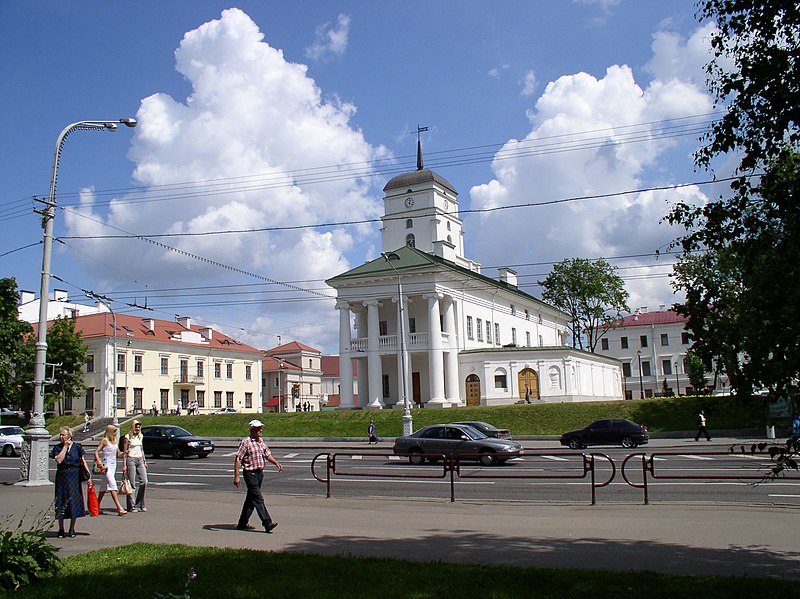
Two 19th-century Belarusian poems have been branded as "extremist," highlighting an escalating crackdown on dissent against the government.
The poems, penned by Vincent Dunin-Martsinkevich, revolve around a nationalist uprising against the Russian Empire.
Alexander Lukashenko, the authoritarian leader of Belarus, has significantly strengthened his control over the nation since the controversial 2020 elections.
He has also lent support to Russia's invasion of Ukraine.
Experts view the prohibition of these poems as part of a shift toward totalitarianism, as a considerable number of regime opponents are nationalists who object to Lukashenko's pro-Russian stance.
Many of these individuals have either fled the country or are imprisoned.
Belarus adopts isolation tactics on opposition detainees to break their will My Son, the Hostage: Belarus Targets Families of Dissidents An announcement by Minsk's prosecutor's office on Thursday stated that the poems titled "The Winds are Floating" and "Conversation of an Elderly Man," along with a preface to the author's collected works by literary critic Yazep Yanushkevich, have been classified as "extremist materials."
These poems were written during the 1863 Kastus Kalinowski rebellion by Belarusians and Poles in the region that was then part of Poland and the Russian Empire.
Dunin-Martsinkevich was accused at the time of spreading ideas "detrimental to the authorities."
Although he was arrested and imprisoned, his direct involvement in the uprising was never substantiated.
Today, his works are incorporated into the school syllabus, and his plays are frequently staged. Numerous streets bear his name, and he is honored in his hometown of Bobruisk, situated in the southeast of Belarus.
The independent media outlet Nexta reported that books authored by Larisa Geniyush, Vladimir Neklyayev, Lidiya Arobey, and Natalya Arseneva—writers from the 20th century—have also been banned. Photo by Hanna Zelenko, Wikimedia commons.







































